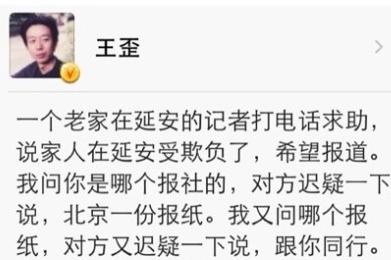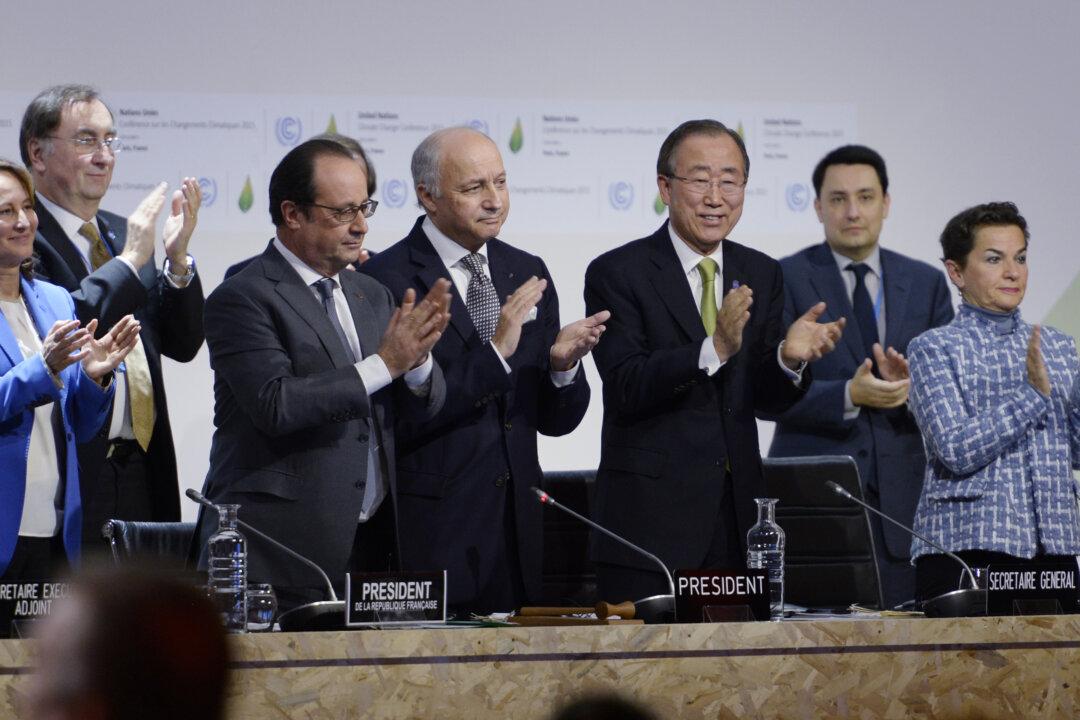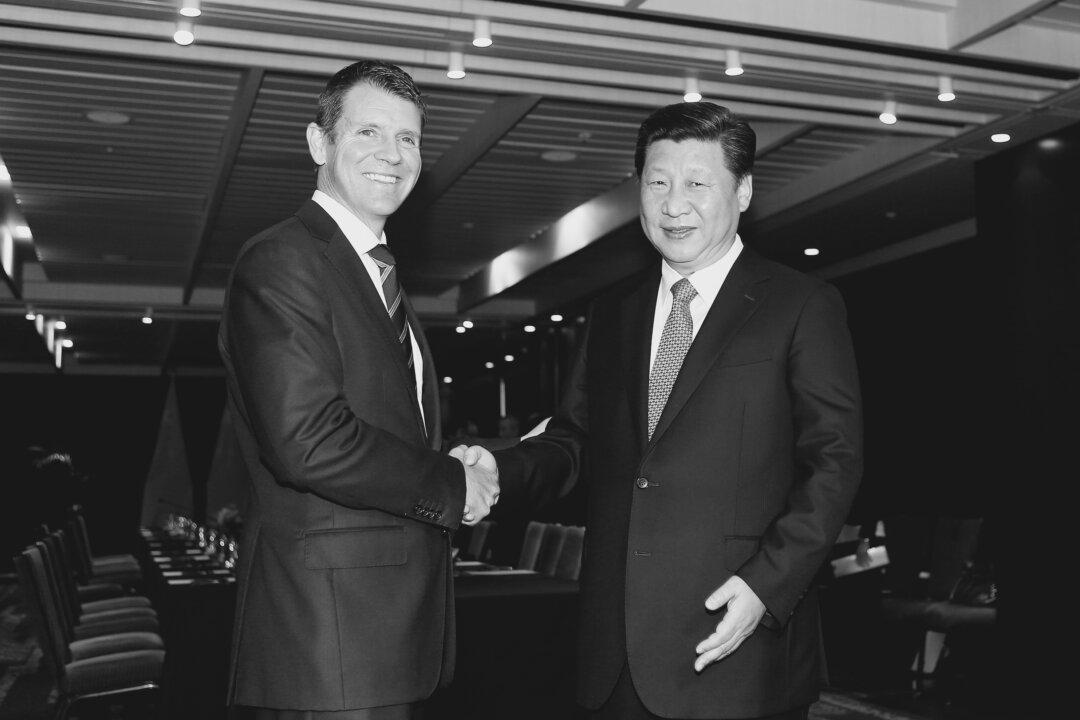Updated May 30, 1:40pm.
Most journalists are keen to write the latest exposé on injustice, but in China it can be a minefield when personal ethics clash with the Communist Party line.
Wang Wai at China Business News recently got a phone call from Zhang Zhilong about a potential article on police incompetence. What started out as two fellow reporters doing each other a favor quickly turned into a war of words on Weibo after it transpired that Zhang worked for the Global Times, a regime mouthpiece.
The discussion began with Zhang’s story about his parents being hit by an unlicensed driver, who refused to pay their medical bills. Zhang said he wanted to expose the local police’s poor handling of the case and pressure them into re-examining it.
Interested at first, Wang became suspicious after Zhang was reluctant to tell him which paper he worked for. “A paper in Beijing,” Zhang said. Wang pressed: “Which one?” Zhang simply said, “We’re peers,” but when he eventually admitted it was the Global Times, Wang replied: “I don’t care,” and hung up.
The two men recounted their versions of the conversation on their Weibo microblogs, and other liberal reporters joined in the rush of netizen comments criticizing the “evil” newspaper, although a handful thought Wang was being arrogant, and letting his own political opinions influence his decision.
Shanghaiist opined that either Zhang lacked the courage to ask his editors to let him cover the story, or they had turned him down; the website later retracted the opinion, after someone identifying themselves as a copyeditor for Global Times disputed it.
A Shanghai netizen said to Zhang, “You get what you deserve for your sins committed at this evil newspaper.”
Chinese writer Tian You posted this comment to over 180,000 followers on Weibo: “Global Times editors and reporters–it’s one thing for the public to despise you, but it’s another when people in your own occupation alienate you too. Quit your job–for the sake of your name and your family … I completely understand why those in his own industry won’t help him. Because the Global Times sings unconditional praise for the Communist Party.”
A Zhejiang Province blogger poked fun at the tabloid using its own propagandist tone. “China is experiencing rapid development; traffic accidents are inevitable,” he wrote. “We must believe in the wisdom and vision of the ruling officials. We must believe in the local government’s ability to handle this type of incident. Some people use tricks from western countries hoping media will exaggerate the incident–they don’t want to solve the problem, but only wish for turbulence in China. We the people will not be fooled by such conspiracies.”
Hu Xijin, editor-in-chief at the Global Times, sent out this response on his Weibo: “It’s nothing. The Global Times has such a large circulation. Its website is the largest after the People’s Daily. Confidence helps people maintain their manners.”
With Research by Ariel Tian and Rona Rui.
Update: The story has been updated to reflect the fact that Shanghaiist retracted its assertion that Zhang Zhilong either lacked the courage to ask his editors to write about the story, or was turned down.




